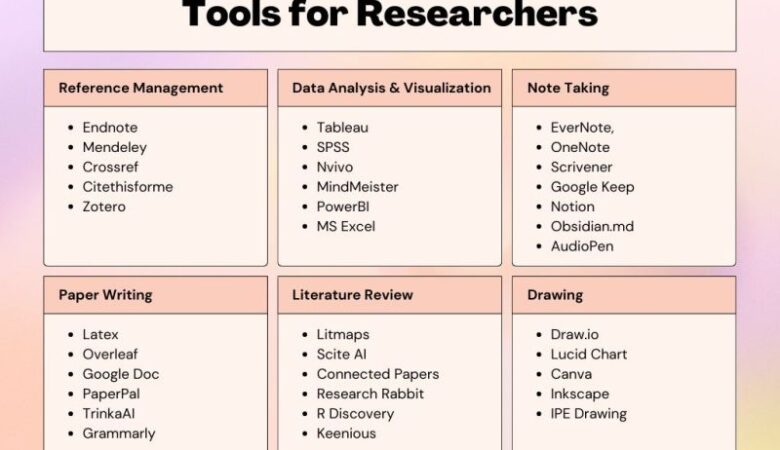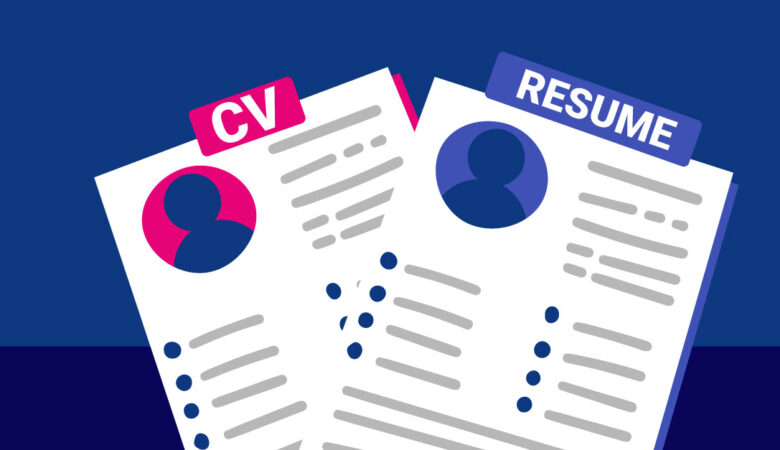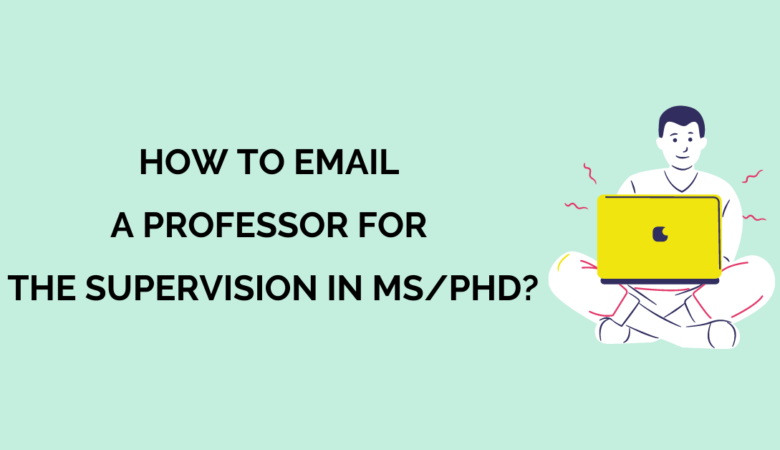Canada has long been a top destination for international students seeking a world-class education, vibrant multicultural communities, and post-graduation work opportunities. However, the IELTS exam—while widely accepted—can pose logistical, financial, and personal challenges for many applicants. The good news? You can study in Canada without IELTS by leveraging alternative pathways recognized by numerous Canadian institutions. In this comprehensive, we’ll explore every aspect you need to know: from IELTS alternatives and Canadian universities without IELTS, to the application process, Canada study permit requirements, and scholarship opportunities.
Why Consider Studying in Canada Without IELTS?
While IELTS remains a gold-standard test of English proficiency, it isn’t the only way to prove your language skills. Here are compelling reasons to pursue routes that do not involve IELTS:
Cost Savings
The IELTS fee can exceed CAD 300 in some regions. Alternative tests like the Duolingo English Test cost less and are taken online.
Accessibility & Convenience
With limited test centers and appointment slots, booking an IELTS test months in advance can be stressful. IELTS alternatives such as PTE or Duolingo offer flexible, on-demand scheduling.
Reduced Test Anxiety
For many, the face-to-face IELTS speaking component induces anxiety. Computer-based alternatives often feel less intimidating.
Faster Results
Some IELTS alternatives return scores in 48 hours (e.g., Duolingo English Test), compared to up to two weeks for IELTS.
By understanding these benefits, you can make an informed decision on how to study in Canada without IELTS and focus your energy on your future rather than test prep.
Accepted English Proficiency Alternatives
Canadian universities without IELTS requirements still insist on proof of English proficiency—but they accept several reputable tests and exemptions:
TOEFL (Test of English as a Foreign Language)
Accepted by over 300 Canadian institutions.
Internet-based test (iBT) scores range 0–120.
PTE Academic (Pearson Test of English)
Fully computer-based, with quick turnaround (48 hours).
Duolingo English Test
Affordable (approx. USD 49), available 24/7 online.
Score scale 10–160.
CAEL (Canadian Academic English Language Assessment)
Designed specifically for Canadian academic environments.
CanTEST
Administered in Canada, for those already within the country.
Cambridge English Exams (CAE/CPE)
Widely recognized by academic and professional institutions.
Test Exemptions
Prior Education in English: Completion of 3–4 years of full-time study at an English-medium institution can waive testing requirements.
Citizenship Exemptions: Nationals of majority-English speaking countries (e.g., USA, UK, Australia) often qualify for exemption.
Always confirm specific score thresholds and exemption policies with each university’s admissions office before applying.
Top Canadian Universities Without IELTS
Below is a list of notable Canadian universities without IELTS requirements, each with unique IELTS alternative options:
| University | Alternative Tests & Pathways | Highlights |
|---|---|---|
| University of Winnipeg | Duolingo, TOEFL, its own English Language Program (ELP) | Affordability, small classes, personalized support. |
| Brock University | TOEFL iBT 88+, PTE Academic, Intensive English Program (IEP) | Career-oriented programs, co-op opportunities. |
| University of Saskatchewan | TOEFL iBT 86+, CanTEST 4.5+, university language courses | Research-intensive environment, vibrant campus life. |
| Memorial University of Newfoundland | TOEFL iBT 90+, CAEL 70+, CanTEST 4.5+ | Low tuition, strong engineering and business schools. |
| Cambrian College | On-arrival English assessment, TOEFL, PTE, Duolingo | Practical, career-focused diplomas and certificates. |
| Algoma University | TOEFL, PTE, CAEL, Duolingo; potential exemptions for prior English education | Small class sizes, indigenous and community programs. |
| Concordia University | TOEFL, Duolingo, university-provided ELP | Located in Montreal, strong arts and business faculties. |
| Carleton University | TOEFL, CAEL, Duolingo; waiver with Canadian high school diploma | Ottawa-based, public policy and journalism strengths. |
| University of Guelph | TOEFL, PTE, Duolingo, CAEL; exemptions for English-medium study | Renowned for agriculture, veterinary medicine, and life sciences. |
| Brandon University | TOEFL, PTE; waivers for English-language high school diplomas | Personalized learning in Manitoba, low living costs. |
Tip: Some colleges and private career institutes also accept ELP completion or in-house assessments in lieu of formal tests.
Step-by-Step Application Process
Even when bypassing IELTS, you must still fulfill standard Canadian study permit and university admission requirements. Follow these steps:
Research & Shortlist
Identify institutions offering IELTS alternatives or test waivers.
Meet Academic Requirements
Maintain a competitive GPA (e.g., 75–80% or above, depending on program).
Take an Accepted Test
Schedule TOEFL, PTE, Duolingo, or other test of choice.
Aim for scores above each university’s minimum (e.g., TOEFL iBT 90+).
Prepare Application Documents
- Transcripts (high school and/or post-secondary).
- Letters of Recommendation (academic or professional).
- Statement of Purpose (SOP) highlighting academic goals and why Canada.
- Curriculum Vitae (CV) detailing education, work experience, and extracurriculars.
- Proof of Funds (bank statements showing CAD 10,000–15,000 for first year).
- Passport Copy and photographs.
Submit University Applications
Use each university’s online portal—often with an application fee (CAD 75–150).
Receive Acceptance Letter
Once admitted, you’ll obtain a Letter of Acceptance (LoA).
Apply for a Canada Study Permit
- Via Immigration, Refugees and Citizenship Canada (IRCC) online.
- Required documents: LoA, proof of funds, test scores, passport, medical exam results, police clearance (if needed).
- Processing time: 4–12 weeks (apply early!).
Plan Your Arrival
Secure health insurance, arrange accommodation, and book your flight.
Prepare for Canadian winter if arriving in fall or winter months!
Pro Tip: Many universities offer conditional admission—you can start an on-campus English foundation program (ELF) if test scores fall slightly below requirements, then transition to your degree program upon successful completion.
Scholarships & Financial Aid
Studying in Canada without IELTS saves on test fees, but tuition and living expenses still apply. Explore these scholarships for international students in Canada:
Vanier Canada Graduate Scholarships: CAD 50,000/year for doctoral candidates.
Canadian Commonwealth Scholarship: For students from Commonwealth nations.
Ontario Trillium Scholarship: For PhD students at Ontario universities.
University-Specific Awards: Many institutions offer entrance scholarships (e.g., University of Winnipeg International Entrance Scholarship, Memorial University Entrance Scholarships).
External Funding: Look into your home country’s government scholarships, private foundations, and professional associations.
Action Step: Check each university’s “Financial Aid” webpage for up-to-date scholarship deadlines and application procedures.
Working While Studying
International students in Canada can work part-time without a separate work permit, helping cover costs:
- During Study Terms: Up to 20 hours per week, on or off campus.
- During Scheduled Breaks: Full-time work allowed (e.g., summer, winter holidays).
- Co-op & Internship Opportunities: Some programs include paid co-op terms—verify in advance.
Maintaining good academic standing is crucial; work hours should not interfere with studies.
Frequently Asked Questions (FAQs)
Q1: Can I study in Canada fully without IELTS?
A1: Yes—by taking an IELTS alternative (TOEFL, PTE, Duolingo, CAEL, CanTEST, or Cambridge exams) or by meeting exemption criteria (prior English-medium education).
Q2: What Duolingo score do I need?
A2: Most universities require 105–120 on the Duolingo English Test for undergraduate programs.
Q3: How long does a Canada study permit take?
A3: Processing times vary by country, typically 4–12 weeks for online applications submitted with complete documents.
Q4: What proof of funds is required?
A4: You must demonstrate CAD 10,000–15,000 for the first year of expenses (tuition excluded) via bank statements or scholarship letters.
Q5: Can I work off-campus immediately?
A5: You can work up to 20 hours/week once your study permit is approved; no need for a separate work permit.
Conclusion
Studying in Canada without IELTS is entirely possible when you leverage alternative English proficiency tests, prior English education, or institution-specific English programs. By carefully researching Canadian universities without IELTS, preparing strong application documents, securing a Canada study permit, and exploring scholarship options, you can make your Canadian education dream a reality.
Next Steps:
- Shortlist 3–5 universities based on your field of study and location preference.
- Take an IELTS alternative test (TOEFL, PTE, Duolingo) or confirm exemption pathways.
- Apply for admission and your Canada study permit early.
Your journey to a rewarding academic and cultural experience in Canada starts now—without the IELTS hurdle holding you back!







I am interested%
Can I find a scholarship ?
And I want to study in Canada University so want Can I do to apply
How Can i get a post doc study in agronomy and related fields in Canada
i have been dreaming for long time to study in canada but still not successful. I have finished my first dgree in Aksum university Ethiopia in mechanical engineering. My Master’s dgree in Russia Alti state technical university. Now i am dreaming to study my PHD in canada.i hope it will succeed!
I am interested.
I want to study in PhD in computer science and computer enginering in canada
How can i will apply master of computer science
I have interested
I have interested give me chance